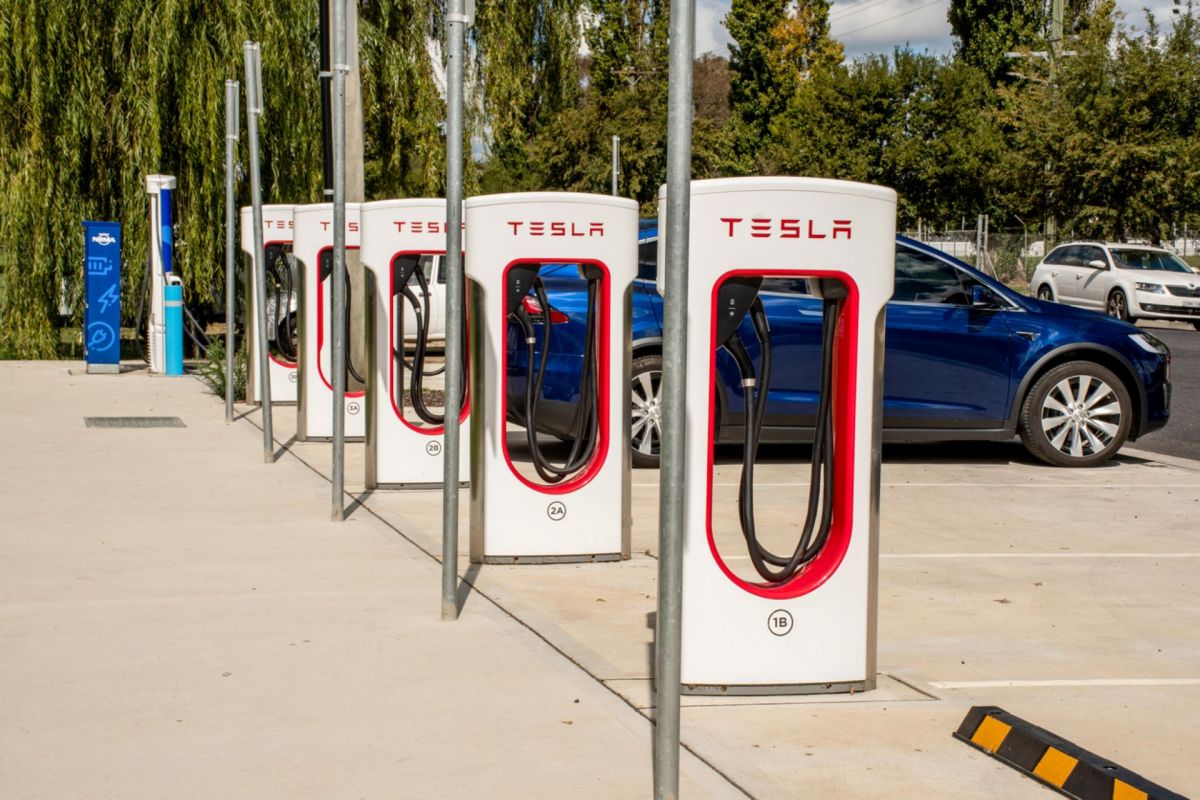Tesla's efforts to make its North American Charging Standard (NACS) the electric vehicle recharging system of choice in the United States and Canada has received a new boost after a rival car company announced it will adopt the technology.
BMW Group has revealed that electric models across its BMW, Mini, and Rolls-Royce brands will be able to access the Tesla charging network from 2025, including Tesla's Superchargers.
BREAKING: BMW has signed an agreement with @Tesla
— Sawyer Merritt (@SawyerMerritt) October 17, 2023
adopt their North American Charging Standard (NACS).
BMW vehicles in the U.S. and Canada will get NACS starting in 2025: "Drivers of BMW, MINI and Rolls-Royce EVs in the U.S. and Canada Will Gain Access to Designated Tesla… pic.twitter.com/6GeYl7aE5x
Upon announcing the move, the president and CEO of BMW North America, Sebastian Mackensen, said, "With six fully electric BMW, MINI and Rolls-Royce models now available in the U.S. market, and more to come, it is our top priority to ensure that our drivers have easy access to reliable, fast charging.
"This agreement is the latest in our longstanding and continued effort to expand charging options for our customers as we continue on the road to electrification."
The news will be welcome for fans of BMW's brands, knowing that they will soon be able to purchase an all-electric vehicle from under their umbrella and access what CleanTechnica has estimated as 100,000 charging stalls in North America — and that number continues to grow.
Tesla will be thrilled at BMW's announcement, but observers on Electrek's website noted that the latter manufacturer perhaps wouldn't have wanted to give its competitor such a boost.
"That must have been a hard one to swallow, but it had to be done … there isn't much of a choice at this point," one commenter said. "Tesla is calling the shots."
"Smart move BMW," another reader added. "This is not about Tesla but rather about enhancing BMW customers' charging experience and convenience."
BMW isn't the only manufacturer embracing the NACS in recent weeks, with Toyota and its luxury brand Lexus also signing a deal with Tesla to access the NACS for some vehicles that will adopt the technology from 2025.
Meanwhile, SAE International announced in June that it will standardize the NACS connector, allowing any supplier or manufacturer to use it on electric vehicles.
Tesla holds the market lead in the number of clean-fuel-powered vehicles sold in the United States, with Cox Automotive reporting its quarter-three share was 50%. It's a dip from the 62% portion it held in the first quarter, which perhaps suggests that opening up its technology to rivals isn't so wise.
Of course, Tesla also makes money when non-Tesla cars use its chargers, which creates a revenue stream, as Consumer Reports has noted.
And with the electric vehicle market only growing, with over 300,000 EVs sold in Q3 (per Cox Automotive), Tesla may be happy to relinquish its sizable dominance if it means the volume of units it can sell increases, and the health of the sector as a whole is key to achieving that.
Join our free newsletter for cool news and actionable info that makes it easy to help yourself while helping the planet.









